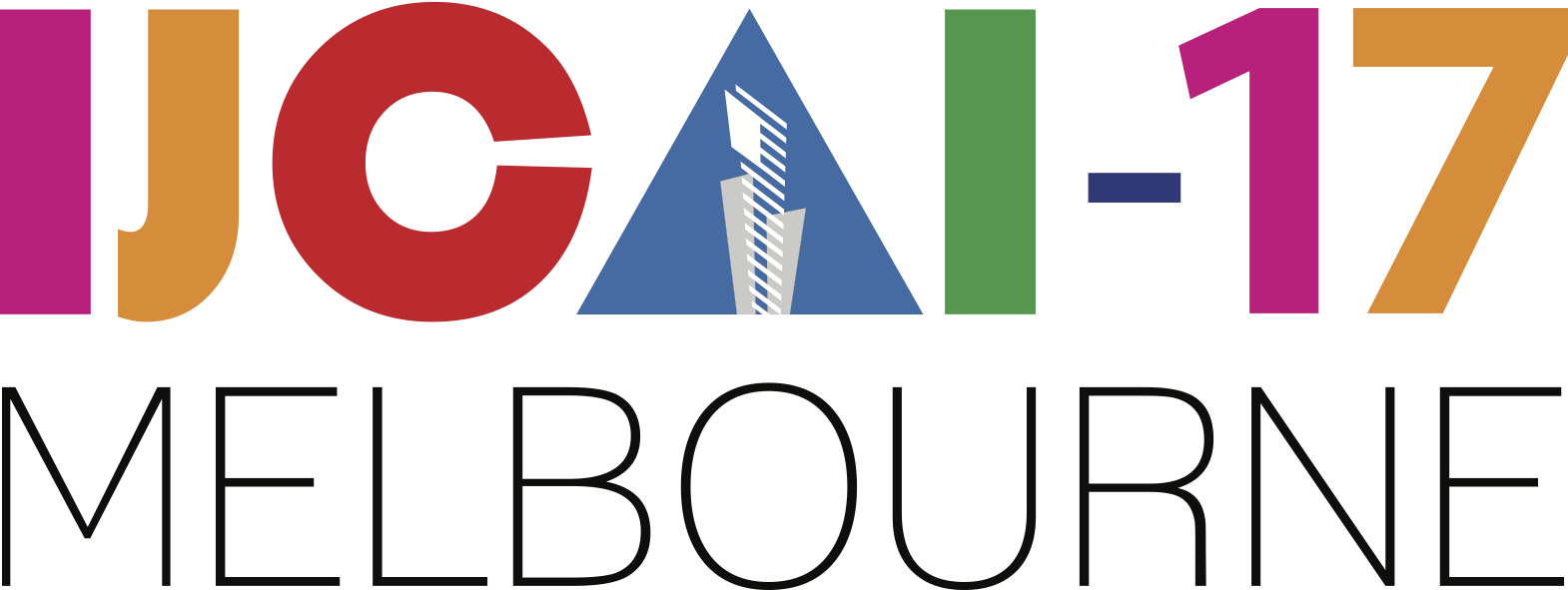From Automation to Autonomous Systems: A Legal Phenomenology with Problems of Accountability
From Automation to Autonomous Systems: A Legal Phenomenology with Problems of Accountability
Ugo Pagallo
Proceedings of the Twenty-Sixth International Joint Conference on Artificial Intelligence
Invited Speakers. Pages 17-23.
https://doi.org/10.24963/ijcai.2017/3
Over the past decades a considerable amount of work has been devoted to the notion of autonomy and the intelligence of robots and of AI systems: depending on the application, several standards on the “levels of automation” have been proposed. Although current AI systems may have the intelligence of a fridge, or of a toaster, some of such autonomous systems have already challenged basic pillars of society and the law, e.g. whether lethal force should ever be permitted to be “fully automated.” The aim of this paper is to show that the normative challenges of AI entail different types of accountability that go hand-in-hand with choices of technological dependence, delegation of cognitive tasks, and trust. The stronger the social cohesion is, the higher the risks that can be socially accepted through the normative assessment of the not fully predictable consequences of tasks and decisions entrusted to AI systems and artificial agents.
Keywords:
Robotics and Vision: Human Robot Interaction
Machine Learning: New Problems
Agent-based and Multi-agent Systems: Trust and Reputation

